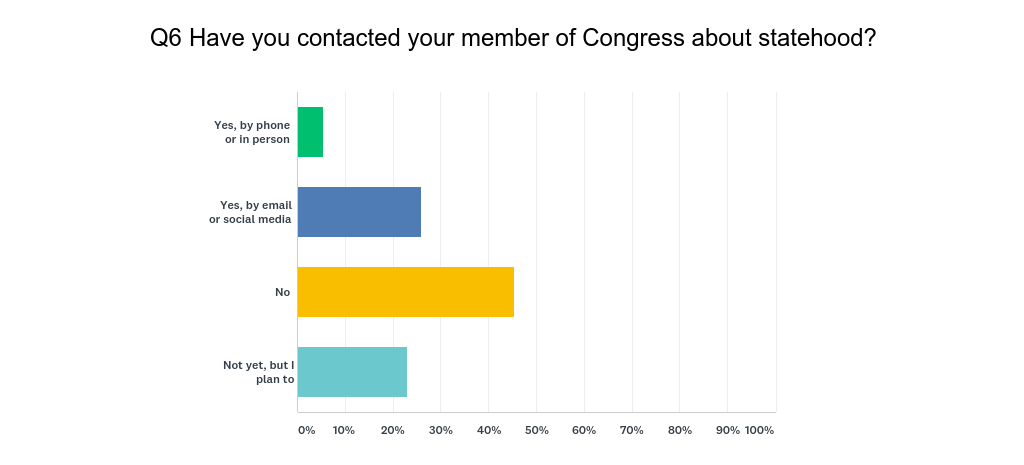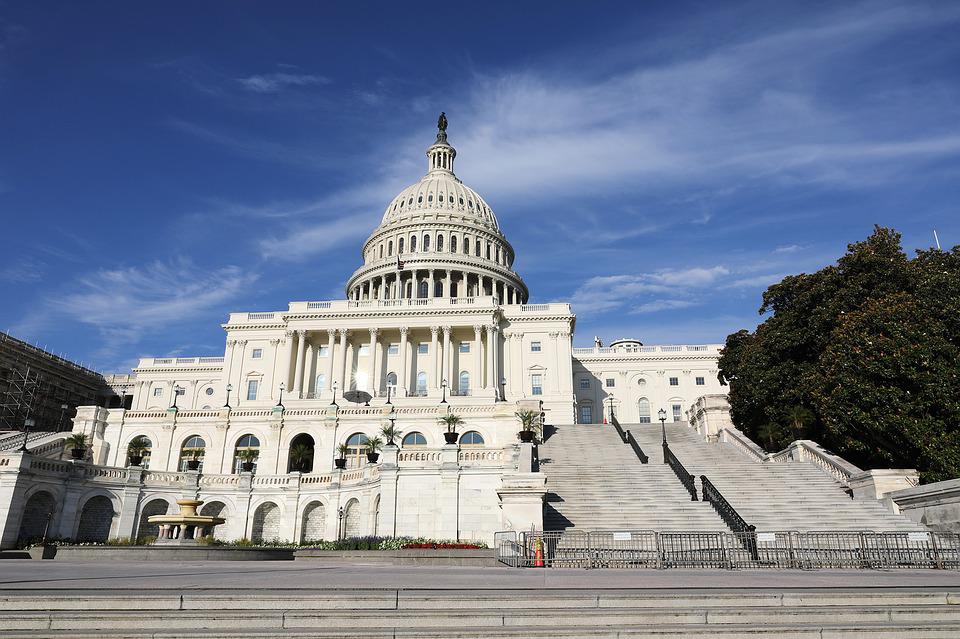We had a conversation with a candidate for Congress in a recent campaign. We asked him for his support for statehood for Puerto Rico.
“If they want it,” he said.
“Puerto Rico wants statehood,” we said. We pointed out that Puerto Rico has voted for statehood three times — in every referendum held during this century. We reminded him that the government of Puerto Rico officially requested statehood in 2018 and that there is a Puerto Rico Statehood Admissions bill being considered in Congress right now.
“Okay,” he said. “If they want statehood, they can have it!” He told us that once a territory clearly desires statehood…they just get it.
That’s not actually how it works.
How does a territory become a state?
Congress can admit a territory as a state. The president can’t do that, the Supreme Court can’t do it, and there is no magic transformative process that happens automatically when a territory wants to become a state. Only Congress can do this.
The U.S. Constitution is not very specific about the process. ThoughtCo sums up the typical process like this:
Historically, Congress has applied the following general procedure when granting territories statehood:
- The territory holds a referendum vote to determine the people’s desire for or against statehood.
- Should a majority vote to seek statehood, the territory petitions the U.S. Congress for statehood.
- The territory, if it has not already done so, is required to adopt a form of government and constitution that are in compliance with the U.S. Constitution.
- The U.S. Congress—both House and Senate—pass, by a simple majority vote, a joint resolution accepting the territory as a state.
- The President of the United States signs the joint resolution and the territory is acknowledged as a U.S. state.
How do they know? They pay attention to what they hear from their constituents. The people who voted for them, or might vote for them in the future.
This is one of the big problems of being an unincorporated territory like Puerto Rico. With no senators and just one representative in the House — who has a limited voice — Puerto Rico doesn’t have a lot of influence in Congress.
People living in the states have influence. If you live in a state, you can tell your legislators that you support Puerto Rico statehood, and that you want them to do the same.
Tell Congress? Is that enough?
Whether reaching out to Congress seems like a big thing or a small one, it is the one thing that can lead to statehood.

When we asked you, we learned that most of you had not yet reached out to your representatives.
Do it today. Then ask three other people to do it, too.
If each of them will also ask three people, we can see a wave of action. Let us know when you reach out, and tell us what response you receive. Together, we can make those messages pour in, just as Hawaii did. It’s Puerto Rico’s turn for statehood now.








No responses yet